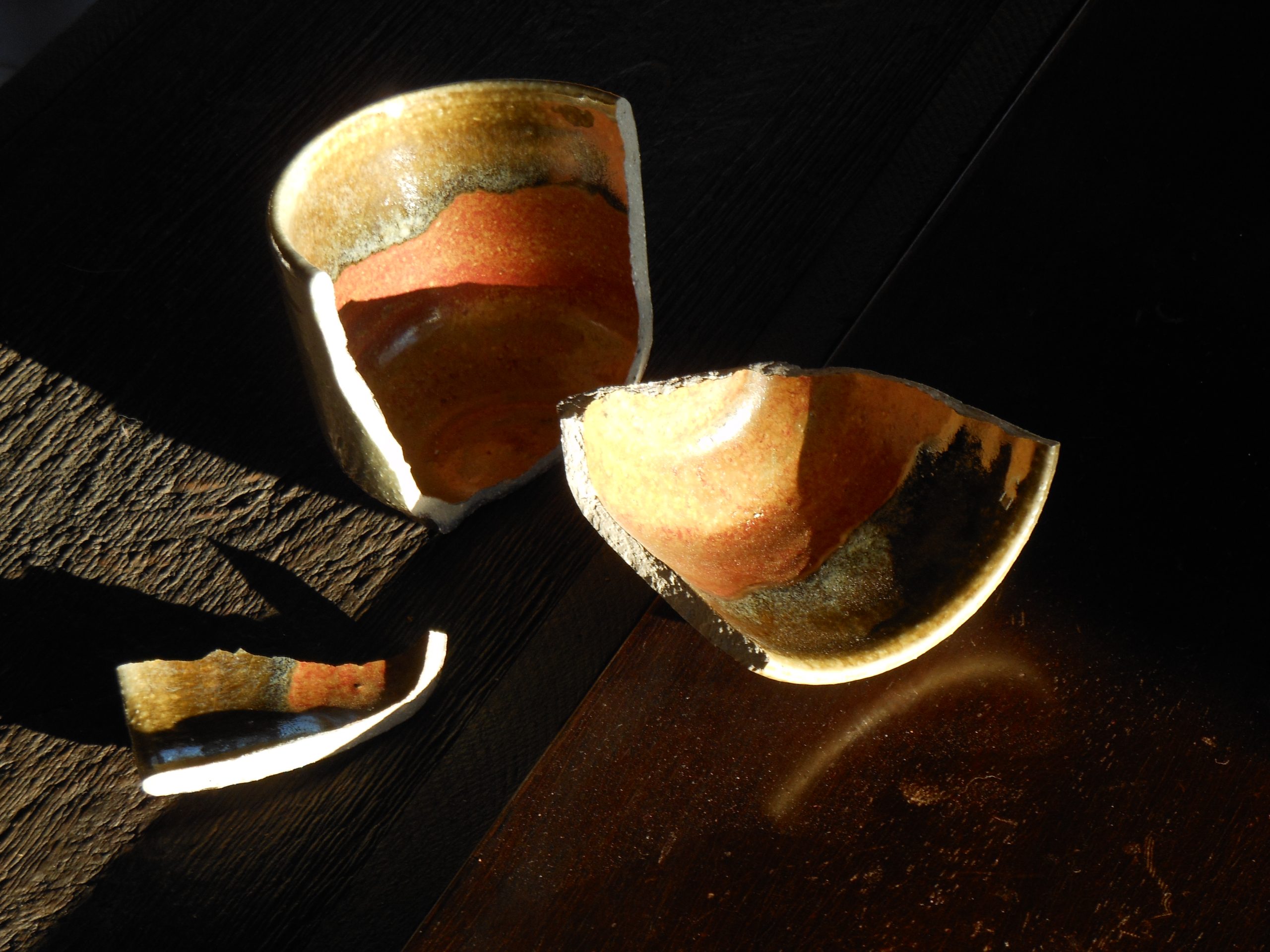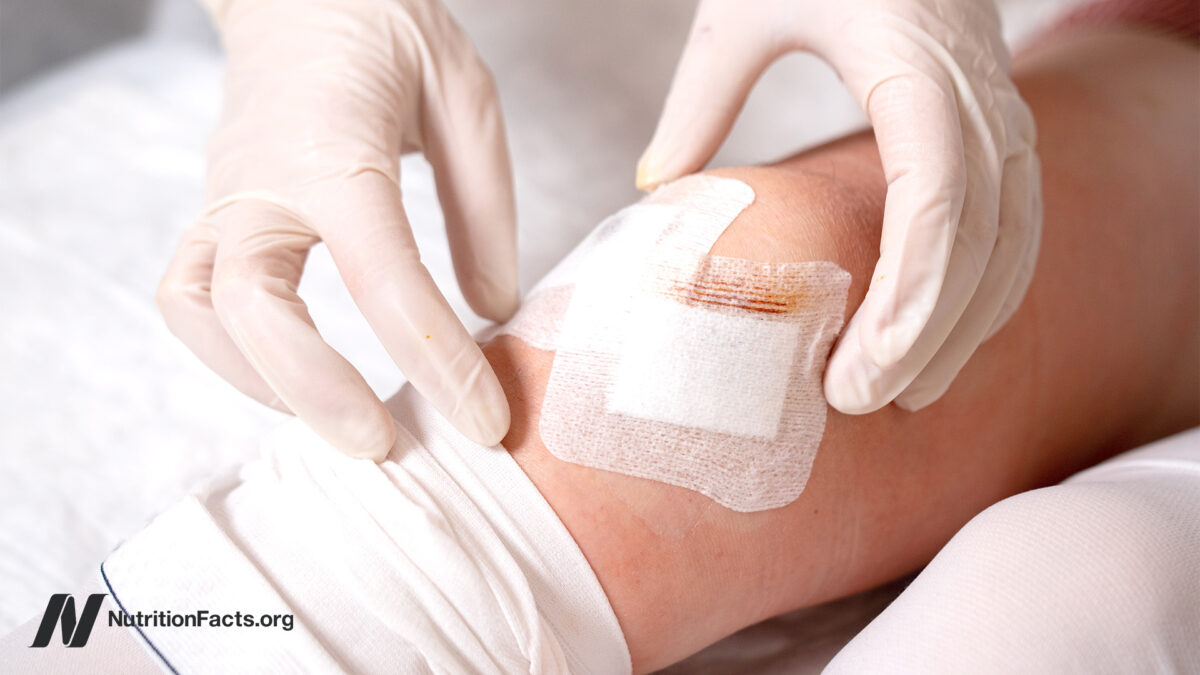This Surprising (And Underconsumed) Nutrient Helps Prevent Falls & Fractures
Here's how to get enough of it daily

Image by McKinsey Jordan / Stocksy February 23, 2026 What's more, these falls can be costly, with up to 20 % of them2 resulting in serious injury, including bone fractures. That's why finding ways to help mitigate your risk of falls and fractures is key. Fortunately, some new research might just point to a nutrient that can help in a big way.
This nutrient is critical to bone health
While we're aware that vitamin D3, calcium4, and protein5 all play huge roles when it comes to bone health, researchers from the United Kingdom and Australia have found that there's another underconsumed nutrient that can help bone health—and it's easier to incorporate than you might think.
The study2 looked at several types of nutrients and their effects on bone health, heavily evaluating one nutrient that most people don't incorporate enough of—vitamin K. The researchers discovered a few key findings regarding vitamin K, namely the following:
The researchers concluded that adequate consumption of vitamin K helps support musculoskeletal growth, which in turn can help prevent falls and fractures.
Essentially, they determined that most humans need a daily vitamin K1 intake of a little more than 100 micrograms per day.
Therefore, it's important to get enough of this vitamin now to promote bone health down the road and as you age.
How to easily incorporate vitamin K into your life
Invest in a great multivitamin. The easiest way to add more vitamin K to your diet is to take a multivitamin, especially since studies have found that supplementing with vitamin K8 can help prevent chronic bone conditions as you age. Check out the best multivitamins here.
Add more leafy greens to your meals. Consuming dark leafy greens such as kale and spinach, as well as cruciferous vegetables such as broccoli and Brussels sprouts, has been shown to effectively help you meet your recommended vitamin K intake6. So cook those veggies and add a huge salad to your lunch. You won't regret it!
Get your protein from a few meat sources. One study indicated that vegans were at a higher risk of fractures due to low protein, vitamin D, and vitamin K levels. If you don't eat meat, be sure to incorporate other forms of protein into your diet and up your vitamin K supplementation.
Watch your antibiotic use. According to Harvard researchers, antibiotic medicines may destroy vitamin-K-producing bacteria in the gut. This could potentially decrease vitamin K levels, especially if you take the medicine for more than a few weeks. While antibiotics can be necessary and lifesaving, only take them as needed and follow this gut-restoring protocol after you finish a round.
The takeaway
A recent study has determined that adding adequate amounts of vitamin K to your diet can help prevent fractures and falls, as well as aid bone health, especially among older women.
While many people do not consume adequate amounts of this nutrient, there are plenty of easy ways to add vitamin K to your diet on a daily basis, such as taking a supplement or incorporating more leafy greens into your meals.

 Hollif
Hollif 
































